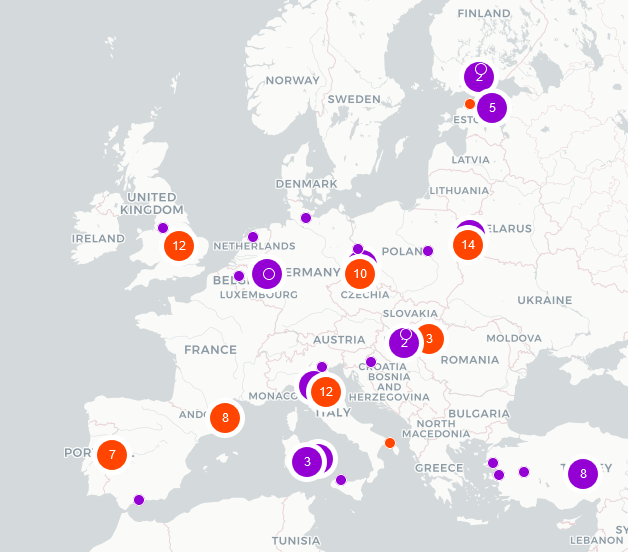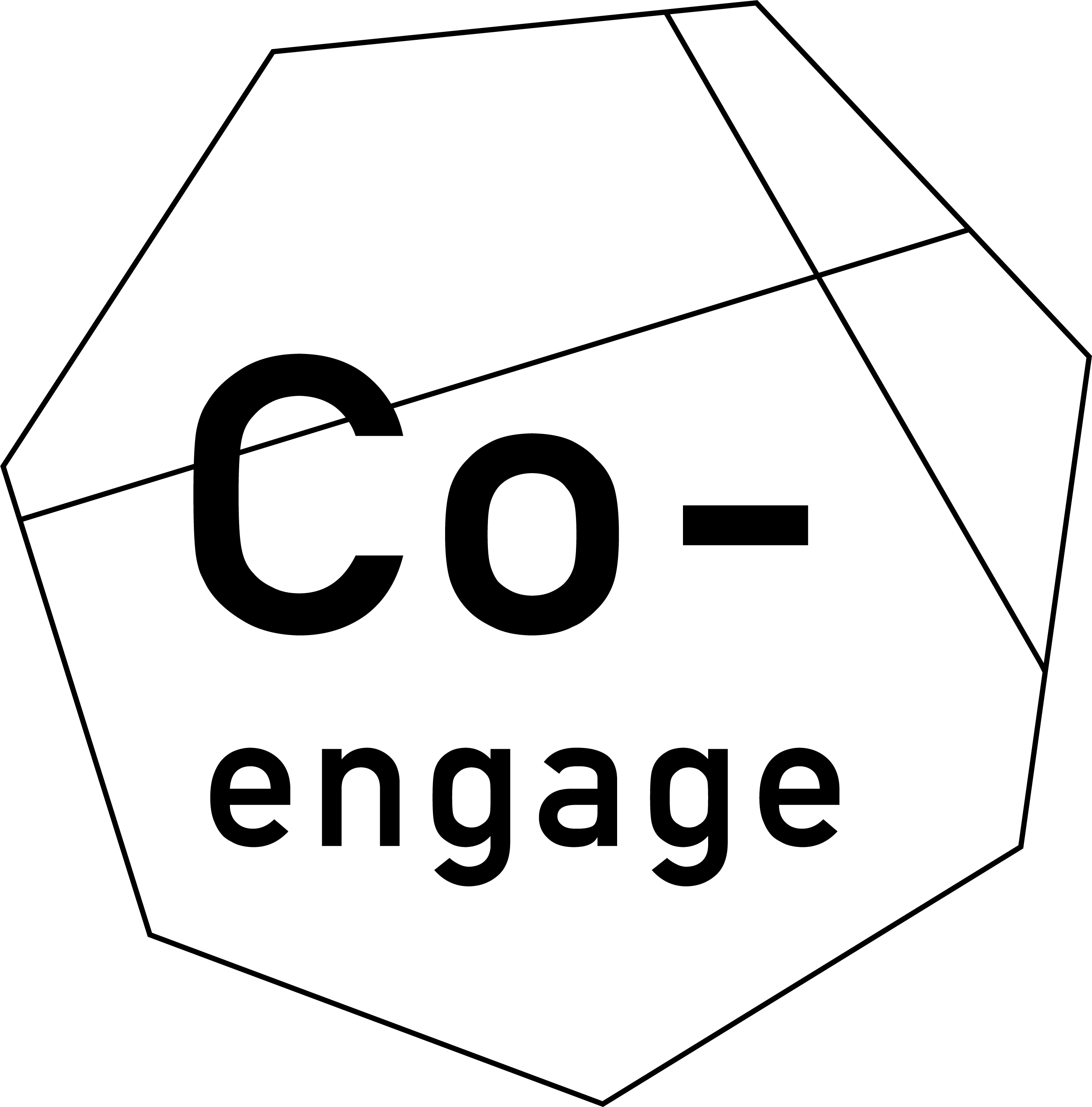
Modern society is undergoing rapid and profound changes. A recent study found that about 30% of tasks in 60% of occupations could be atomized (December 2017, McKinsey & Company) leaving space and need for new synergies between activities and innovations.
In terms of social innovation, European Commission brings up the concept of co-creation on the agenda: “The empowerment of actors is, according to research as well as practitioners <…> (Vale, A. 2009), what qualifies the innovation — ‘engaging citizens as co-creators’.”
This idea was also expressed by President Barroso: ‘A successful innovation policy is one that involves all actors in society, innovation is something you do with people, not to them’ (13 October 2010). If the ultimate objective is to introduce sustainable change, then the main variable is people’s empowerment. “Co-creation and co-innovation by universities and public research organisations with businesses, social institutions, government, and citizens need a specific set of skills” (EC, 2014).
Co-Engage is built on the conviction that teaching participation through co-creation will contribute to the empowerment of all citizens, independently of their age, gender, ethnic or any other belongings.
Co-Engage has been conceived by 8 European partners, active in different fields and sectors, from social innovation and services till fashion design, experienced in formal and non-formal education. Our consortium will contribute to the development of co-creation skills enabling citizens to become social innovators. Based on the exchange of experiences and learning through co-creation, our method will permit to bring in light know-how and competences engaging citizens for innovation and creativity and through this, creating bridges between divers sectors and fields of activity.
Co-Engage project circle is oriented on work packages, milestones, staff trainings and transnational meetings. The most important activities carried out will be the collection and analysis of good practices and their testing in co-creation labs.
Co-creation labs will be implemented during three training courses. Co-creation labs typically involve hands-on activities in which a group of peers expresses experiences and explores potential solutions in a tangible way. Collaborating in this way provokes discussion and creates valuable insights.
Co-Engage methodology will build on the concept of “critical design thinking”, an attitude where critical approach of traditional and accustomed values brings new ideas and new results and form an important element of co-creation.
The overall aim of Co-Engage is to identify the main areas where co-creation can contribute to turning citizens in active innovators of the society, and to gather and discuss good practices representing each of these areas. In order to achieve this main goal, the implementation phase of the project will lead to 5 main results.
Result 1: elaboration of at least 80 smart practice evaluations on co-creation methods in the different sectors (private, public and NGO) based on a commonly approved evaluation grid.
Result 2: Organisation of 3 Co-Engage Labs. During the labs, the techniques and methods of co-creation will be discussed (Lab 1 – Co-discovery: Citizens as co-implementers), their transferability will be tested (Lab 2 – co-speculation: Citizens as co-designers) and finally the methods will be implemented outside the project (Lab 3 – Co-Creation: Citizens as initiators).
Result 3: The smart practices evaluation and the three Co-Engage Labs will lead to the identification of a large number of co-creation practices, that will be gathered and presented in an interactive map;
Result 4: The Co-Engage consortium is composed by partners who are all actively engaged in teaching and training; each of them representing at least 2 of the key competences of Lifelong Learning identified by the Erasmus + programme. A specific work package of the project will be dedicated at the identification of the main pedagogical tools and methods improving co-creation skills, as well as of their main learning outcomes.
Result 5: A project eBook, main dissemination product of the project. It will summarise all methods, recommendations and inputs.











